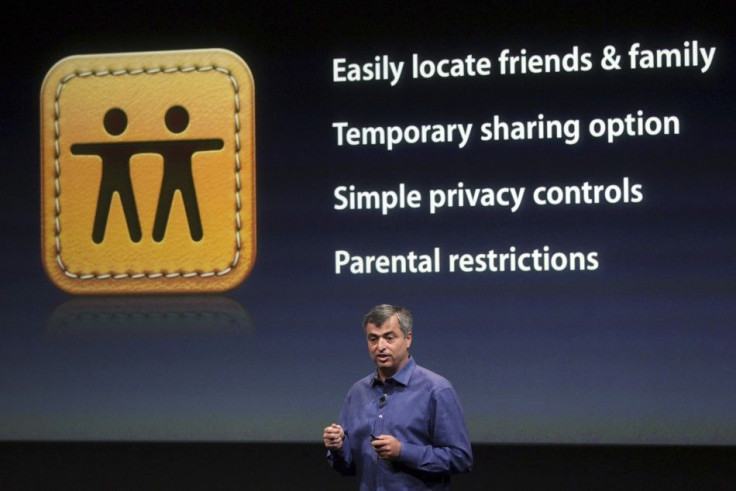Apple?s Antitrust Reply On eBooks: ?We Benefited The Public?

Apple (Nasdaq: AAPL), the world's most valuable technology company, has acknowledged that its iPad made it a major force in ebooks but denied that it's stifling competition in a formal reply to the Justice Department's April antitrust lawsuit.
In a response to an antitrust complaint that was made by the U.S. Department of Justice in the U.S. District Court in New York on April 11, the Cupertino, Calif.-based company denied the charges and said the iPad had effectively broken an ebook monopoly held until 2010 by Amazon.com Inc. (Nasdaq: AMZN), the No. 1 e-retailer.
The Government sides with monopoly, rather than competition, in bringing this case, Apple stated in its legal response, which was prepared by Daniel S. Floyd of Gibson Dunn & Crutcher, Apple's outside counsel.
Apple was sued along with five publishing giants for allegedly conspiring to fix the price of ebooks. The others were HarperCollins, a unit of Rupert Murdoch's News Corp. (NYSE: NWS); Simon & Schuster, a unit of CBS Corp. (NYSE: CBS); Penguin Group, a unit of Pearson PLC (NYSE: PSO); Hachette, an imprint of France's Lagardere (EPA: MMB); and Macmillan, a unit of Germany's private Holtzbrinck.
All of the defendants have settled except for Apple, Macmillan and Penguin.
Since the lawsuit, Apple shares have shed nearly 9 percent of their value. They closed Tuesday at $572.27, up $9.98. Shares of Seattle-based Amazon have declined 1 percent. They closed Tuesday at $214.75, up $1.86.
Nevertheless, Apple's brief sheds light on some of the process behind its entry into ebooks. Among them:
The iPad wasn't intended as an eBook reader. Apple did not believe it was necessary to sell eBooks for the iPad to be successful, the brief reads. But [it] concluded that if a viable iBookstore model could be created, it would consider offering eBooks.
Apple always wanted a 30 percent commission. Rather than use Amazon's one-price model, Apple always wanted to collect a 30 percent cut from every publisher, a so-called agency commission. The reason is that sales through the AppStore, which has sold more than 25 billion items, are based on the same model.
Steve Jobs was involved in setting up the eBookstore. Apple CEO Steve Jobs was aware of internal efforts to create the iBookstore as shown in emails to retail Executive VP Eddy Cue a year before the iPad came out. But Cue handled the details and first contacted the publishers as late as December 2009.
Jobs, though, personally contacted one senior executive of a publisher to discuss whether or not the publisher would sign up. Identities were not disclosed. Jobs died Oct. 5, 2011.
Some publishers were upset at Amazon.com. That's a reason why they talked to Apple about an alternative platform to the Seattle e-retailer because some believed Amazon was selling books below cost.
Apple didn't require them to contractually adhere to a $9.99 price ceiling regardless of competitive or market conditions, the brief states.
Apple wanted all publishers for the iBookstore. While many of the terms were the same, there was no forced agreement for any of them to commit to Apple. The proposals, though, were similar but not intended to fix prices.
Apple's entry into the book market is protected by the First Amendment. A common claim in publishing, Apple said that it is free to engage in book publishing as part of its constitutional rights.
Next up: Apple and its co-defendants will likely ask the court to dismiss the case. Barring that, it's likely the company and its co-defendants will engage in some last-minute bargaining before a trial begins in New York. With cash and investments exceeding $110 billion, Apple could go to trial and pay lawyers forever. Or it could sign some sort of consent decree that would subject it to some kind of judicial or Justice Department scrutiny.
Other technology giants, including International Business Machines Corp. (NYSE: IBM) and Microsoft Corp. (Nasdaq: MSFT) are very familiar with that path. Apple will have to write its own book -- or ebook -- in this case.
--
© Copyright IBTimes 2024. All rights reserved.






















